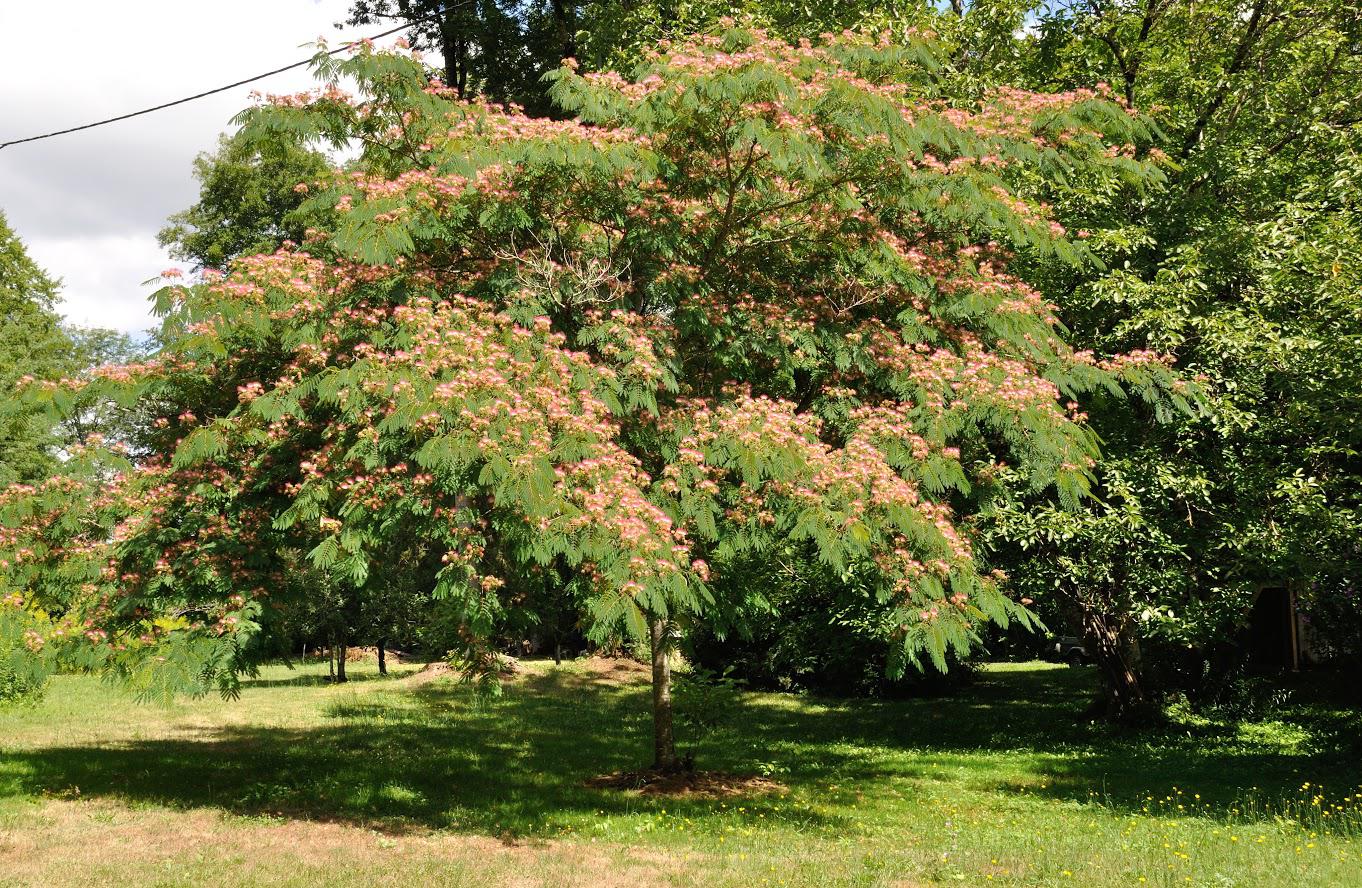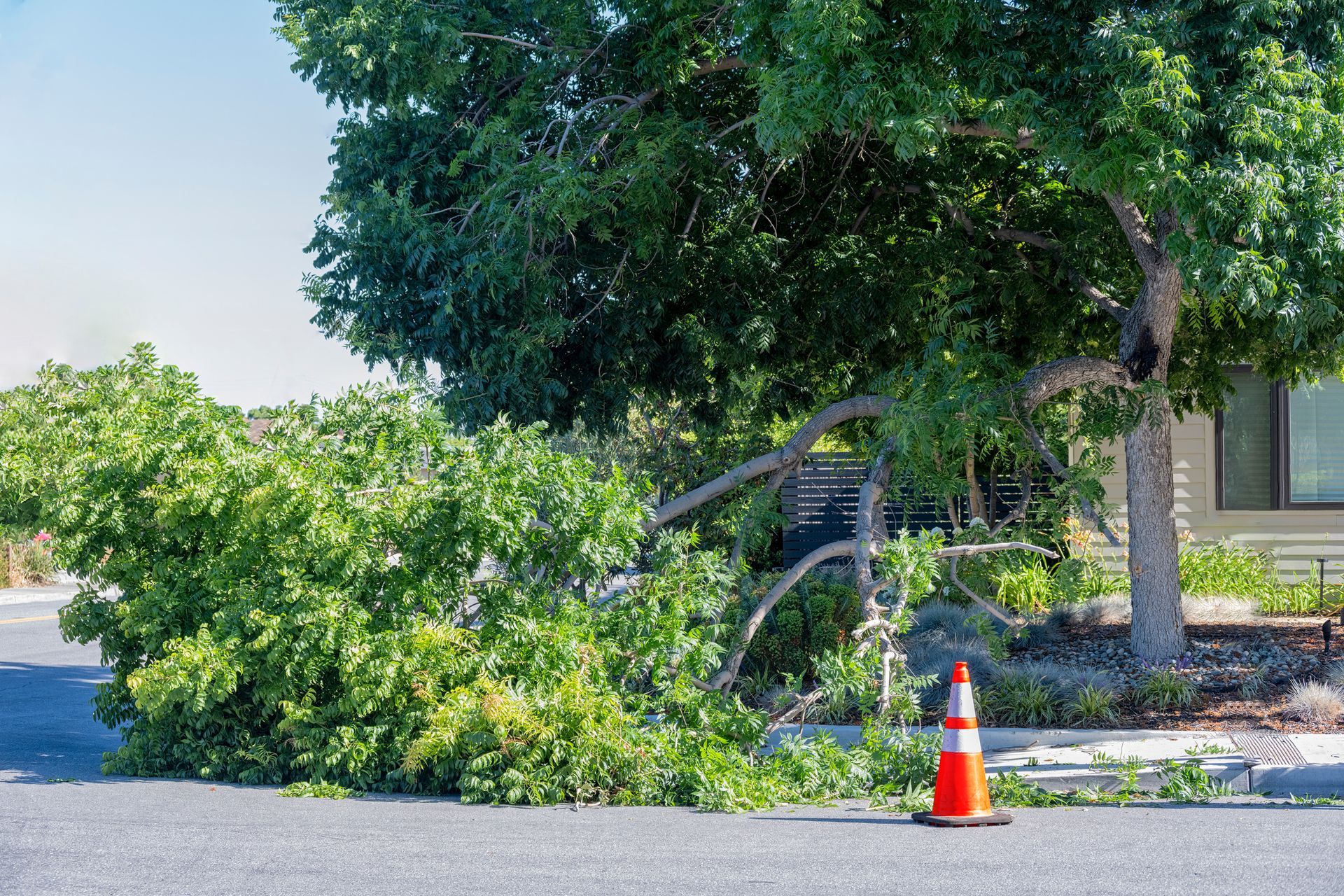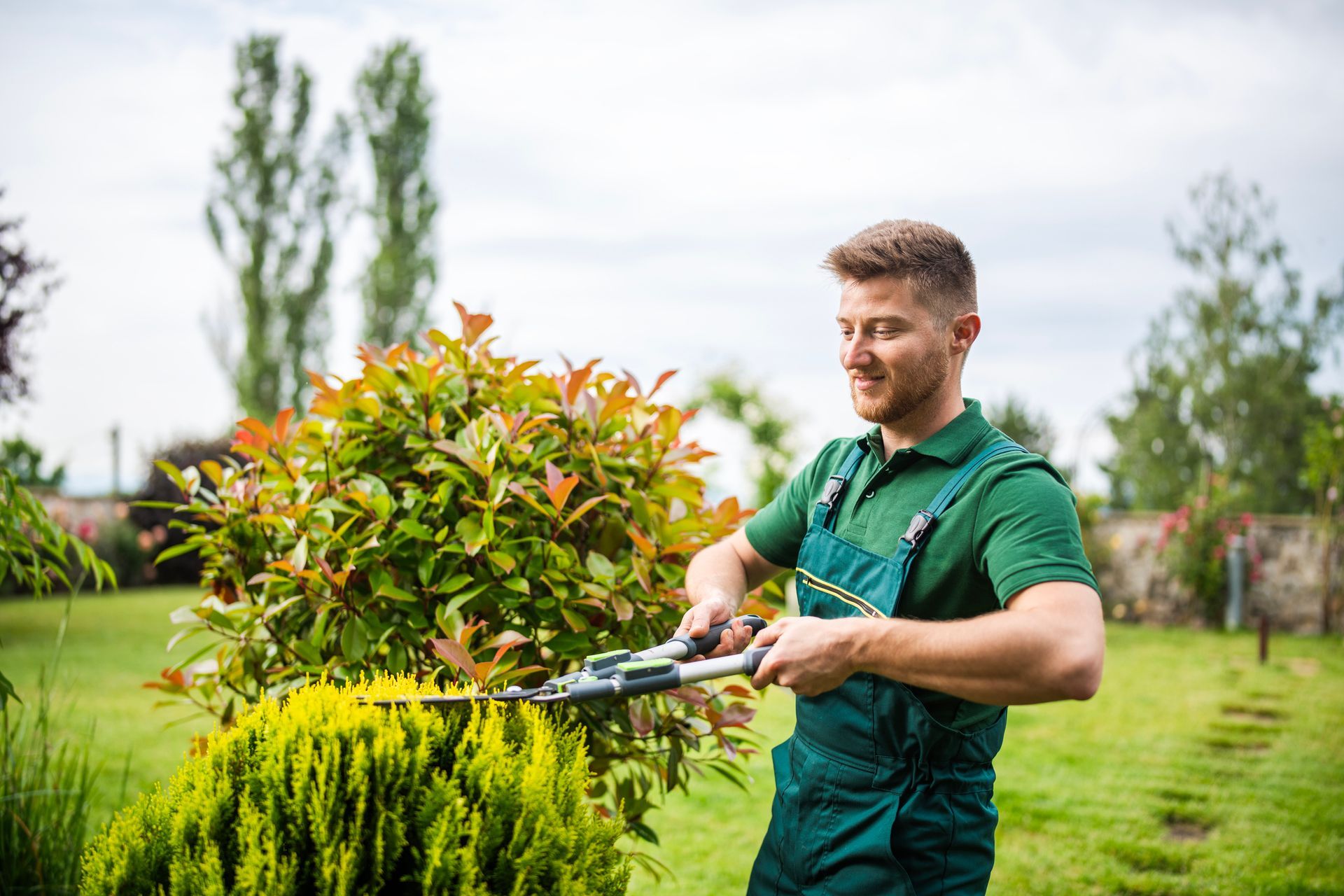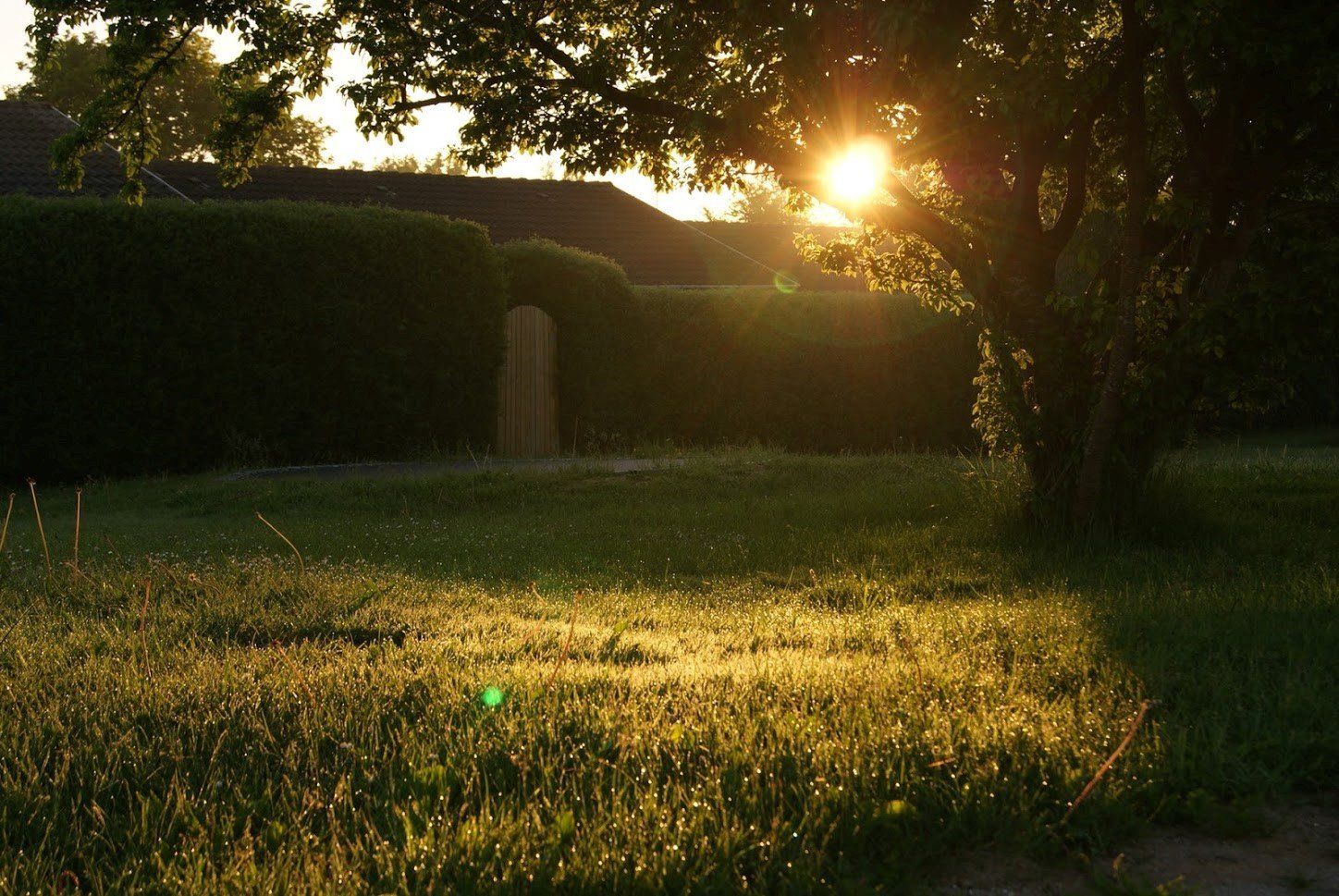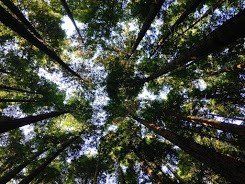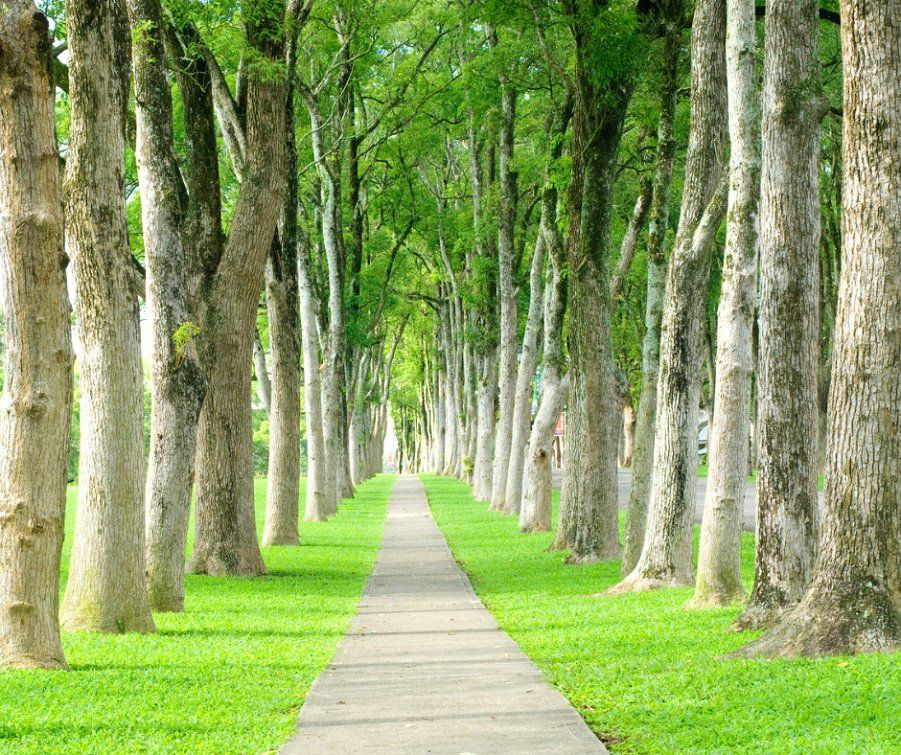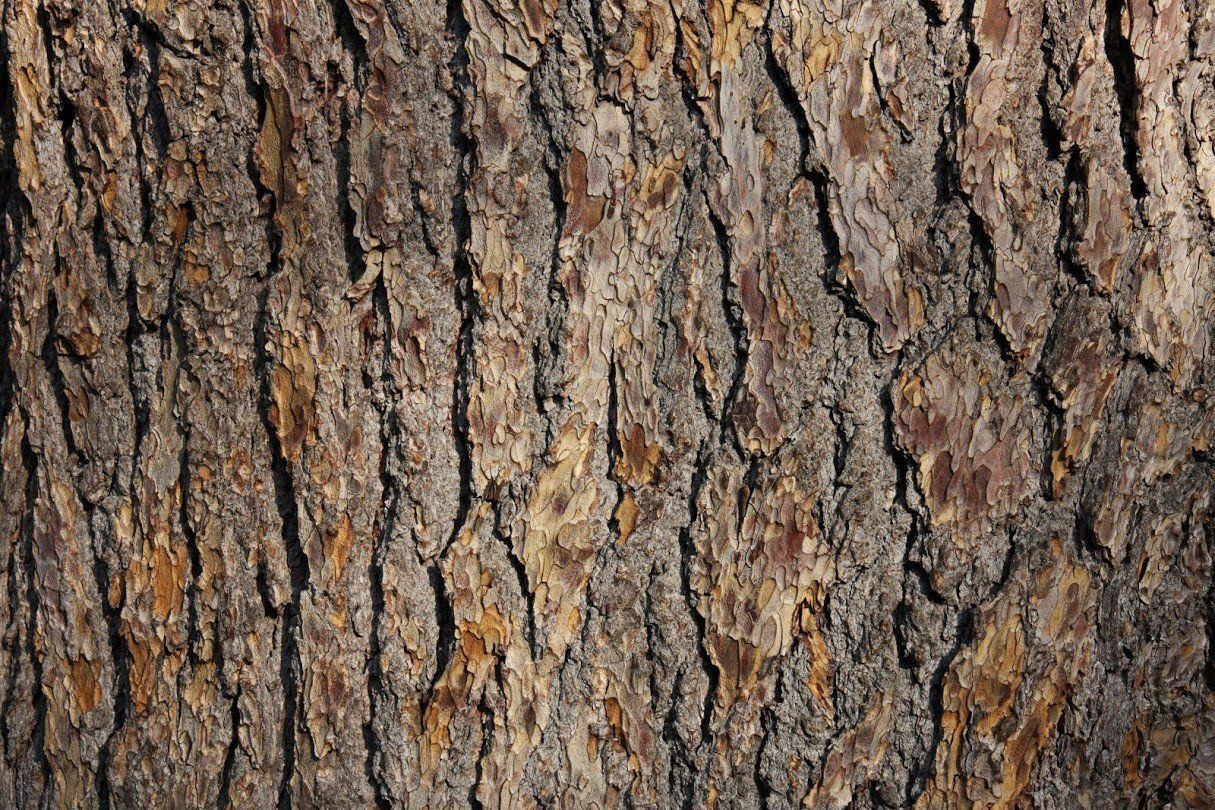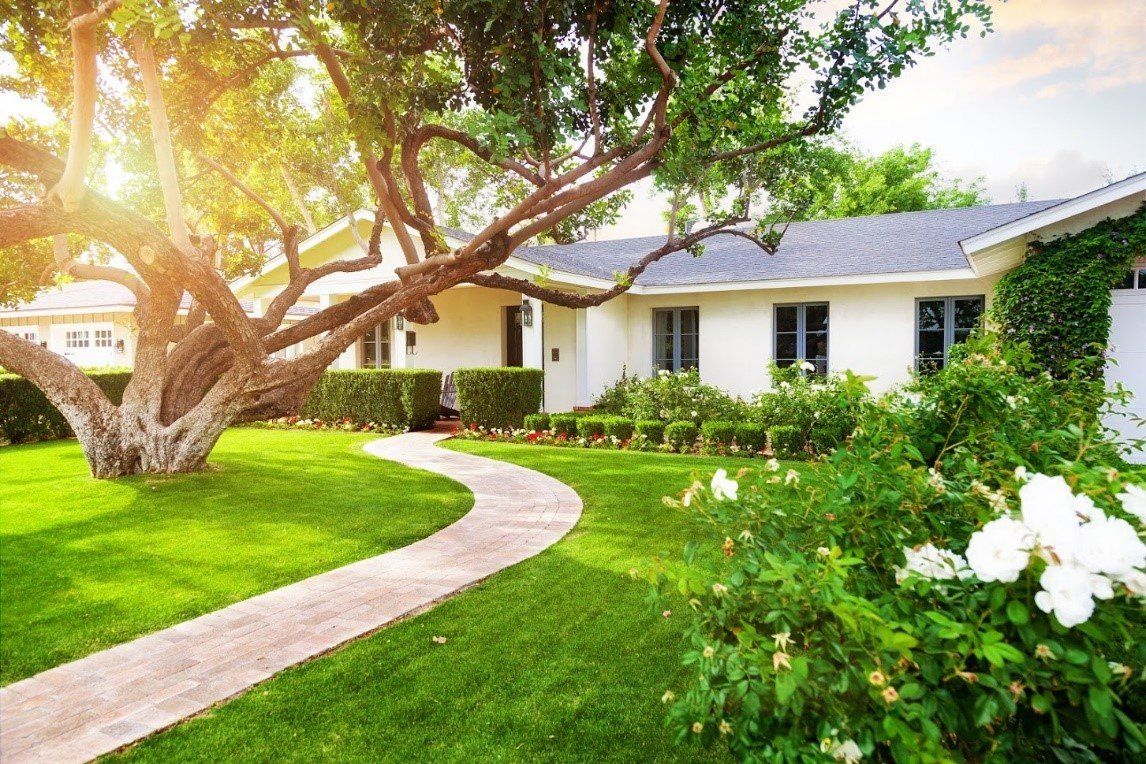3 Invasive Trees That Forestry Experts Don't Want in Nashville
Invasive trees are large plants that take over forests, woodlands, prairies, and waterfront locations. Invasive trees possess reproductive qualities that enable them to crowd out other plants and inhibit the growth of adjacent tree species. Schedule removal of these three trees on your property to protect your Nashville-area landscape.
1. Royal Paulownia or Princess Tree
The princess tree is native to China, where the plant has been recognized since the fourth century for its timber, medicinal value, and ornamental appeal. The princess tree features large, showy flowers in early spring that are colored pale purple to lavender. According to the Tennessee State Government, princess trees were first imported to the U.S. in the 1830s.
The princess tree has heart-shaped leaves that can spread to 20 inches across. The tree grows rapidly. Paulownia root sprouts can grow up to 15 feet in one year. Princess trees are considered invasive plants in Tennessee and should be removed whenever possible.
Facts about royal paulownia, or princess trees:
-
Latin name: Paulownia tomentosa
-
Seed dispersal: By wind and water
-
Growing conditions: Disturbed areas; bare soil; roadsides
Although princess tree seeds only sprout when soil is sterile, the trees tolerate acid soils and drought conditions very well once established. Princess tree seeds and roots survive and sprout after fires, construction activity, and road cuts. The princess tree chokes out native vegetation along stream banks due to the tree's rapid growth and prolific ability to produce seedlings.
2. Mimosa or Silktree
At first glance, a mimosa tree looks desirable with its frothy pink blossoms and tropical, fern-like foliage. Mimosa's aesthetic qualities stirred a French botanist to import the tree to Charleston, South Carolina, in 1785. However, the mimosa tree is a true legume that produces hundreds of six-inch-long bean pods per tree per year. Each of those pods holds beans that will sprout in nearly any type of soil.
Mimosa trees are often short-lived trees due to the numerous pests and devastating fungi to which the trees are susceptible. Weakened mimosa trees are more likely to split during strong storms, and the trees cannot tolerate extreme cold.
Facts about mimosa trees:
-
Latin name: Albizia julibrissin
-
Height at maturity: 40 feet
-
Seed dispersal: Animals and water movement
-
Growing conditions: Various; prefers open and sunny; tolerates shade
After you have a mimosa tree removed from your property, be on the lookout for mimosa tree seedlings. Because the coating on mimosa seeds is durable and thick, mimosa seeds can remain viable in soil for many years. If left unchecked, mimosa trees form nearly impenetrable thickets and choke out native trees via the mimosas' dense, spreading tree-root systems.
3. Tree of Heaven
Tree-of-heaven is another plant that's a native of Asia. The tree-of-heaven was introduced in the U.S. in the late 1700s and is now considered one of the top invasive trees in states including Tennessee. A tree-of-heaven seedling will become a tree that produces viable seeds as early as three years after sprouting.
Tree-of-heaven blooms with clusters of green or red-green flowers in late spring, followed by the development of twisted, winged seed pods. Each tree can produce hundreds of thousands of seeds per year.
Facts about tree-of-heaven:
-
Latin name: Ailanthus altissima
-
Height at maturity: 80 feet
-
Seed dispersal: Wind
-
Growing conditions: Disturbed areas; roadsides
Tree-of-heaven is a threat to native and desirable tree species in Tennessee because the tree is an allelopathic plant. Allelopathic plants emit growth-inhibiting chemicals that affect the soil all around them. Tree-of-heaven emits the growth-checking chemicals via its tree roots.
Tree-of-heaven's wind-borne seeds disperse easily to surrounding soil. The tree-of-heaven roots also send up many shoots that become full-grown trees. Remove tree-of-heaven, mimosa, and princess trees to keep your woodlands and landscaping healthy and diverse.
Schedule removal of your unwanted trees and shrubs in the Franklin and Nashville areas by contacting Kaily’s Tree Service today. We offer individual tree removal or complete land clearing to property owners throughout the Nashville, Tennessee, region.

